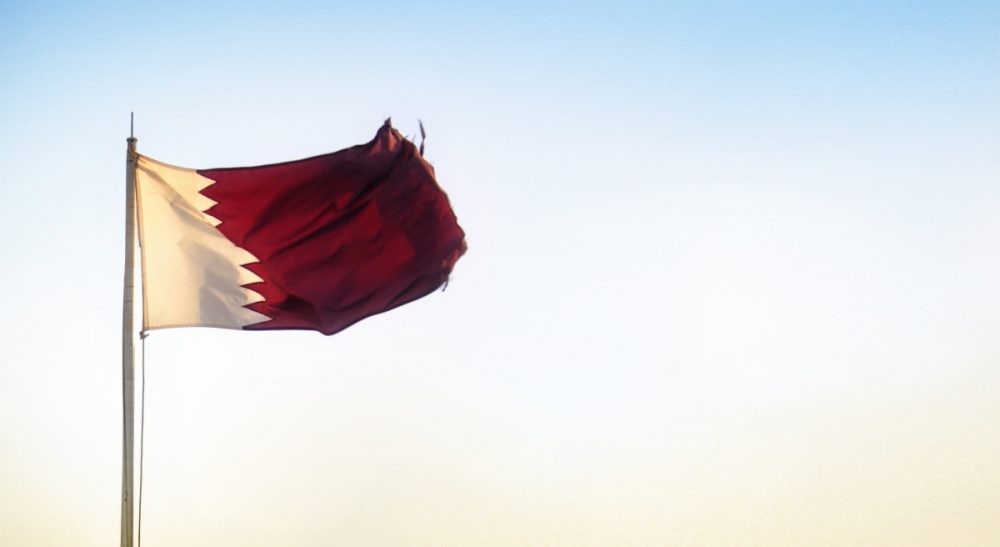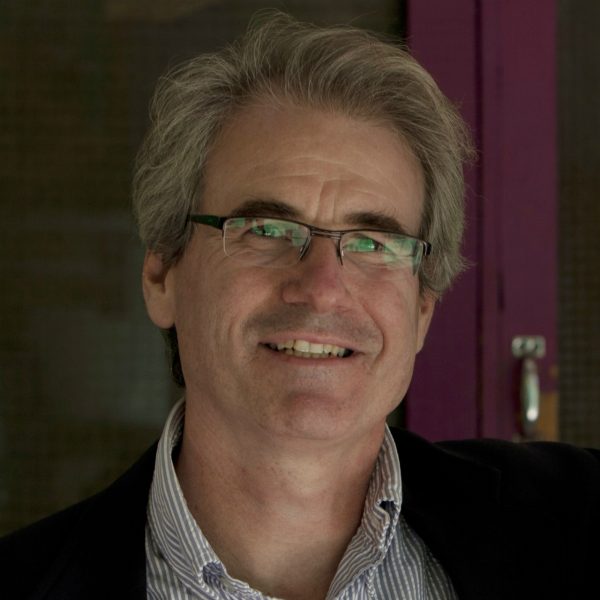Advertisement
Planting Its Flag: Qatar Buys Influence Abroad, Hides Reality At Home

Qatar, with its soft-power face to the world and deep pockets for nearby extremist organizations, is buying a blind eye from a typically watchful international community. Over the past two decades, the tiny emirate’s outsized foray into global charity and high-profile acquisitions has masked deplorable domestic policies and questionable regional activities.
...the outpouring of financial benevolence and investment from Qatar is a ruse to divert attention away from the human rights violations occurring at home.
I have witnessed Qatar’s smooth entrée into new territory first-hand. In Haiti, where I have run a tuition-free, secondary boarding school for more than 15 years, Qatar attracted attention in the aftermath of the 2010 earthquake by establishing a $20 million fund for Haiti reconstruction. Shortly after the fund began operation, the generous donor began suggesting to recipients of the country’s largesse that all underwritten projects should be concentrated in a specific area to be called “Qatar City.”
As it did in Haiti, Qatar also sought good public relations via disaster relief in post-Katrina New Orleans. The emirate has also poured millions into war-ravaged Gaza and Syria. The goal of such prolific investing and philanthropy — an image makeover — seems to have been achieved: Qatar won its bid to host the 2022 FIFA World Cup — to be played in 110-degree heat.
Qatar's sovereign wealth fund, the 11th largest in the world, has financed other public image gambits, as well. The fund’s activity is notably visible in London, where Qatar purchased the U. S. embassy building, the renowned department store Harrods and a majority stake in the iconic Shard Tower, the tallest building in Europe. In addition, The Qatar Foundation and, later, Qatar Airways, both controlled by Qatar’s Emir, were featured prominently on the players' jerseys of F. C. Barcelona, one of the world’s most beloved soccer clubs.
For those who can see it for what it is, the outpouring of financial benevolence and investment from Qatar is a ruse to divert attention away from the human rights violations occurring at home. Ninety-four percent of Qatar’s labor force is made up of foreign workers who are modern-day indentured servants.
Qatar is an absolute monarchy, one untouched by modern democratic ideals. Qatar purports to be a moderate and tolerant society; in fact, religions other than Islam are tolerated only insofar as their faithful remain silent and hidden. Though not enforced, Qatari law categorizes the conversion by Muslims to Christianity as a capital offense.
Qatar’s significant financial support of extremist groups in the Middle East, including Hamas and Al-Qaeda affiliates, is well documented. Hamas's leader in exile, Khalid Meshaal, has found a home and safe haven in Qatar, and so have prominent figures from the Muslim Brotherhood and Al-Qaeda.
Qatar’s makeover campaign has paid off. The country enjoys broader economic and political access than do many other Middle Eastern countries.
Despite all this, Qatar’s makeover campaign has paid off. The country enjoys broader economic and political access than do many other Middle Eastern countries. For example, in October 2012, Qatar’s Golden Pass Products, LLC, was given authorization to export liquefied natural gas from the Katrina-ravaged Gulf region. Previously, other countries — notably Dubai, during a 2006 bid for operation of six U. S. ports — faced heavy criticism for seeking to lay claim to U. S. strategic assets. Dubai's bid was foiled.
Qatar’s strategic entry onto the global stage through great displays of wealth and charity has allowed it to direct attention away from its intolerant and undemocratic domestic policies and its support of violent extremism across the Middle East. Not only does Qatar’s right hand know what the left hand is doing, but one seems to provide cover for the other with impressive coordination.
Related:
